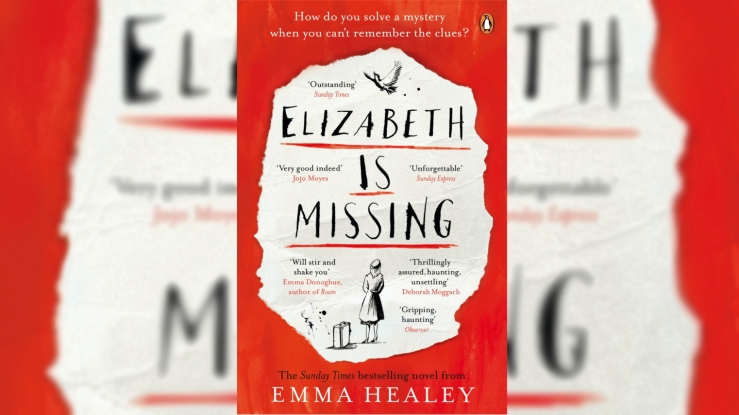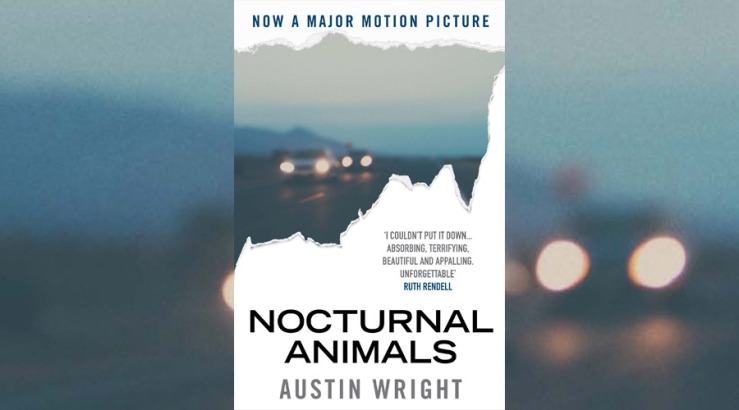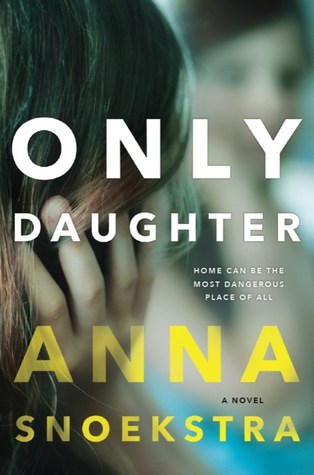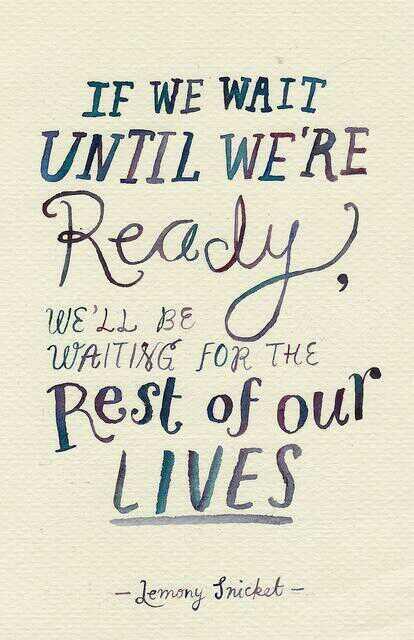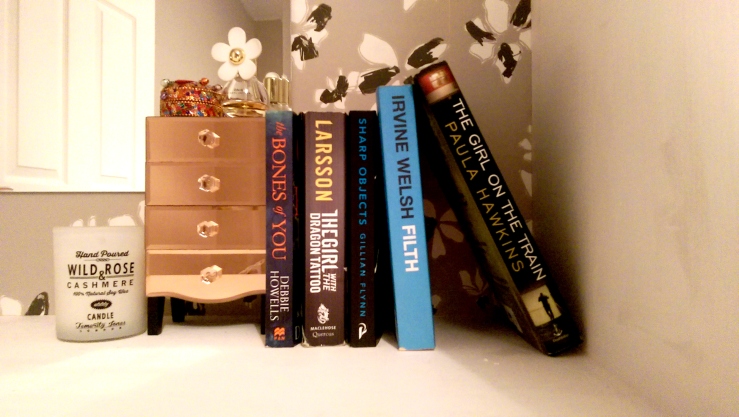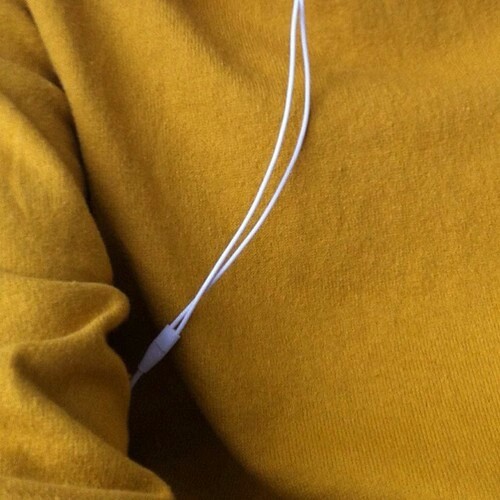
So I’ve jumped on the podcast bandwagon and haven’t looked back.
There’s been a bit of a popularity surge in this twist on radio broadcasting recently, and it’s suddenly really trendy to listen to (or if you’re talented enough: create) all of the podcasts.
As you all probably know by now, I love to read. I love a good television series. I love stories. I love learning new and interesting things. And you’re not supposed to read a book or watch Netflix on your phone whilst walking down the street, so: enter podcasts! Pop those headphones in and get walkin’, girl.
They’re not radio shows – don’t be put off by thoughts of Desert Island Discs (if you are into that though, those are on the iTunes chart, too).
But, it did start out as a kind of experiment by The Guardian back in 2004, on “radio broadcasting”, combining “the intimacy of voice, the interactivity of a weblog, and the convenience and portability of an MP3 download”.
But it’s definitely come into its own unique genre since then, now with plenty of sub-genres, too. Just take a look at the iTunes podcast section!
Anyway, I thought I’d share with you all a few of my favourites:
The Bright Sessions
The Bright Sessions is presented in the form of tape recordings from the office of Dr Bright, a psychologist to those who consider themselves to be ‘strange and unusual’.
Think X-Men, but with teenagers and therapy.
This was the podcast (recommended to me by a friend) that got me into podcasts. It’s fiction, so it’s a bit like an audio book, but heard through tape recordings of the sessions, which makes it’s feel more real – like you’re listening in on conversations you shouldn’t be.
It’s currently in the middle of its third season, and I’m still hooked. I completely binged the first two seasons in about a week, so it’s killing me waiting for each new episode. But they’re really worth it.
My Favorite Murder
Yep. A podcast about murder and true crime.
Category: comedy.
This is a podcast about true crime, for those fascinated with serial killers and the like. Georgia Hardstark and Karen Kilgariff sit around being hilarious and witty, discussing murder in all its manifestations and exploring the reasons behind why people kill, and anything else that happens to pop into their ever distracted heads.
You either like it or you don’t!
Serial (Season 1)
I’m sure the second season of Serial is great, too, but I’ve just finished the first one. Sarah Koenig investigates the murder of Hae Min Lee, and everything that came after.
This one’s more of a documentary. I don’t want to say too much about it, except it’s probably one of the reasons why podcasting has become so popular in the past two years. This kick-started the whole trend, I’m pretty sure.
Alice Isn’t Dead
A fictional story about a truck driver road-tripping across America in search of her missing wife, who she long assumed was dead.
Until strange things start happening.
The story is told through the tape recordings the narrator makes for Alice on her journey. Intense, vivid and often uncomfortable, this story is a thrilling and addictive mix of supernatural, murder and conspiracy.
And the narrators voice is the most gorgeous thing I’ve ever had the pleasure of listening to, so go and download it, if only for that.
If you have any good podcast recommendations comment them below so I can binge on them! 🙂




